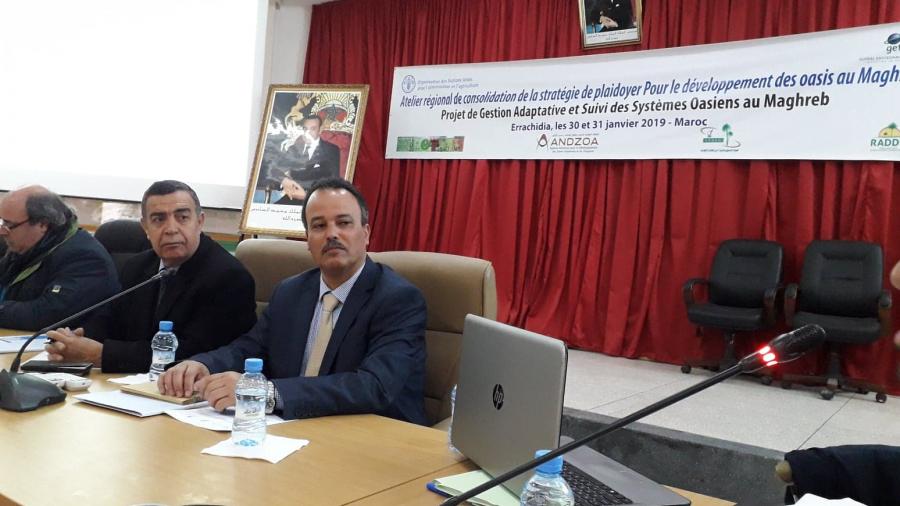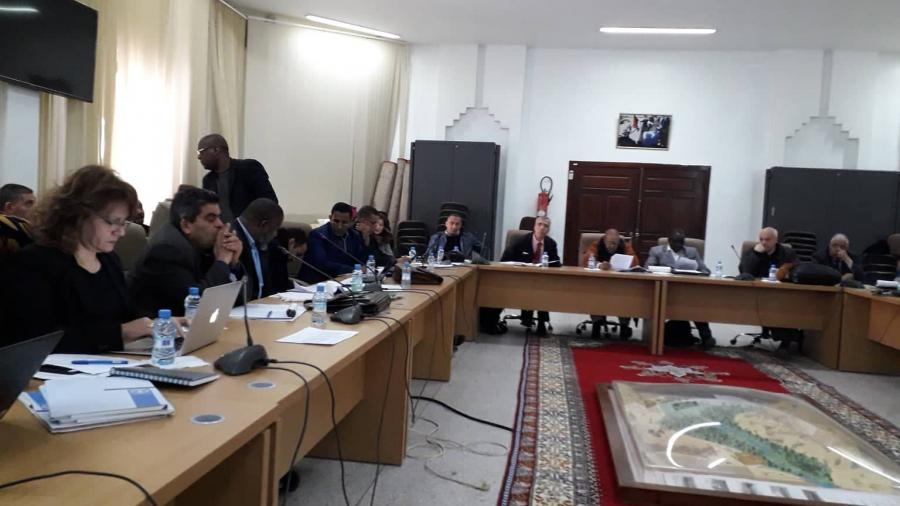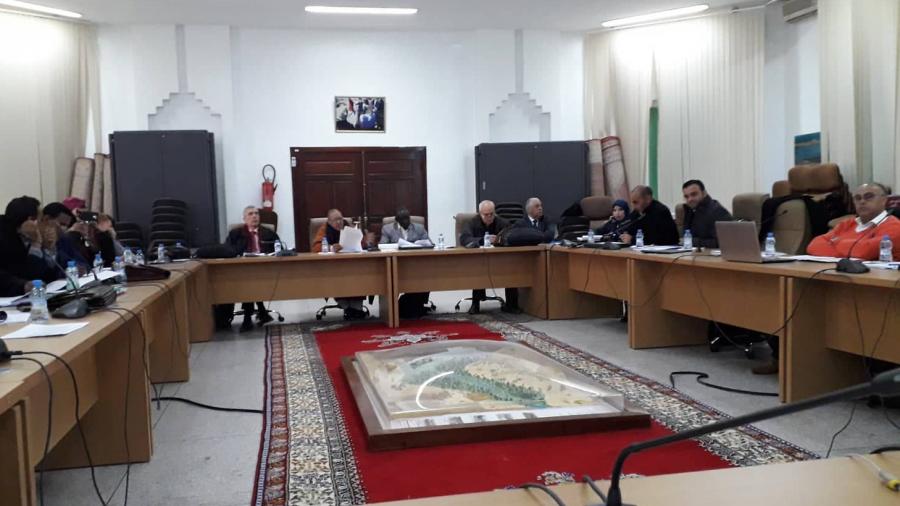Oases are areas transformed by humans and cultivated in vast arid or even desert areas. They are therefore found in most of the world's major arid regions: around the Sahara, in the Maghreb and the Sahel, in the Middle East, on the west coast of Latin America and in Central Asia.
Oasis ecosystems are formed by the rigorous management of scarce water, land and biological resources in a strong alliance with date palm. However, communities living in oases, estimated at about 150 million people, are facing growing environmental problems: water scarcity, soil fragility, water and wind erosion, diseases and degradation of agro-ecological genetic material. These are the result of rpoverty and emigration, lack of technical capacity to continue production and lack of relevant information for ecosystem management.
The decreasing capacity of decision-makers and communities living in fragile oasis ecosystems to adapt to rapid environmental changes (including climate change and the conversion of traditional oases into modern oases) is leading to increasing degradation of these valuable ecosystems.
In the Maghreb, and with the objective of improving, developing and supporting adaptive management and monitoring of oasis ecosystems, a regional workshop to consolidate the advocacy strategy on oases was organized as part of the FAO project entitled "Adaptive Management and Monitoring of oasis systems in the Maghreb" funded by the GEF, aimed at validating the national strategies of the three countries: Mauritania, Morocco and Tunisia, defining the activities to be carried out and proposing a regional advocacy strategy, as well as an operational action plan at the international level.
This project is carried out by the following agencies: the Réseau Associatif de Développement Durable des Oasis (RADDO), the Centre national de recherche agronomique et de développement agricole (CNARDA) in Mauritania, the Centre régional de recherche en agriculture oasienne (CRRAO) and the Centre régional de télédétection des États d'Afrique du Nord (CRTEAN) in Tunisia, and the Agence nationale pour le développement des zones oasiennes de l'arganier (ANDZOA) in Morocco.
On the occasion of the opening of the workshop, the representative of OSS, Mr. Nabil HAMADA, an environmental expert, recalled the Observatory's mission as a facilitator of partnerships for the implementation of the policies and strategies of its members and partners in the field of sustainable natural resource management. He also stressed that as the regional implementing agency for the climate funds (Adaptation Fund and Green Climate Fund), OSS provides technical and institutional support for the development of project requests to address the impacts of climate change and contribute to countries' adaptation and mitigation efforts. Before concluding, he highlighted OSS' willingness to continue collaborating with various partners, particularly in the field of conservation and enhancement of oasis ecosystems in Africa, in a context of climate change.
At the end of the workshop, which is part of component 3 of the project, implemented by the Réseau Associatif de Développement Durable des Oasis (RADDO), an action plan for the implementation of advocacy in favour of oases was put in place.
(Photographic credit of the Ferkla oasis: Oasis Ferkla Association for the Environment and Heritage).



